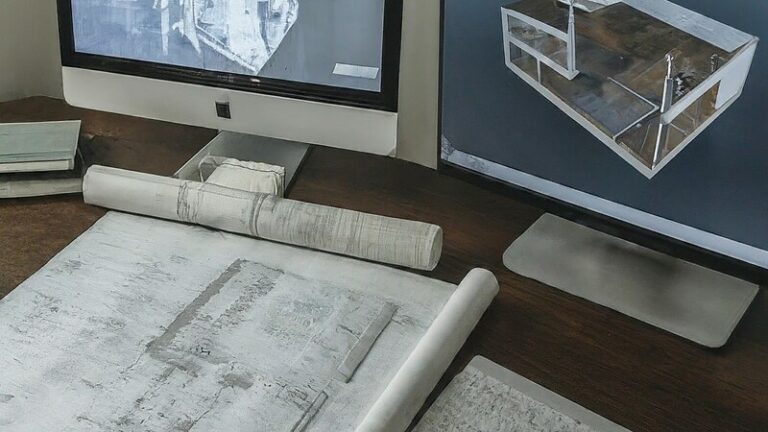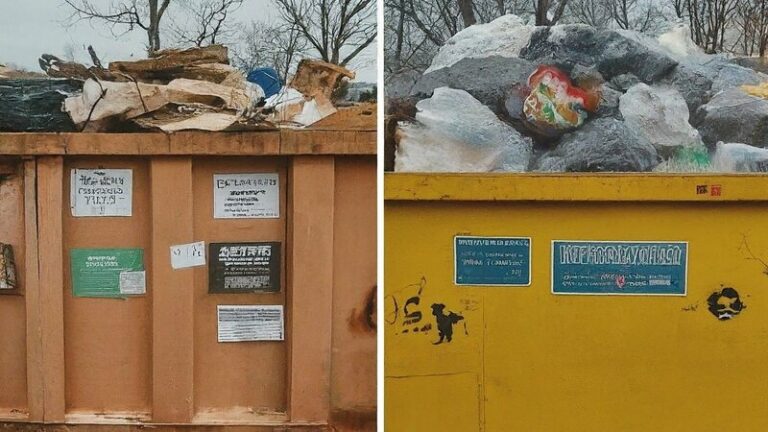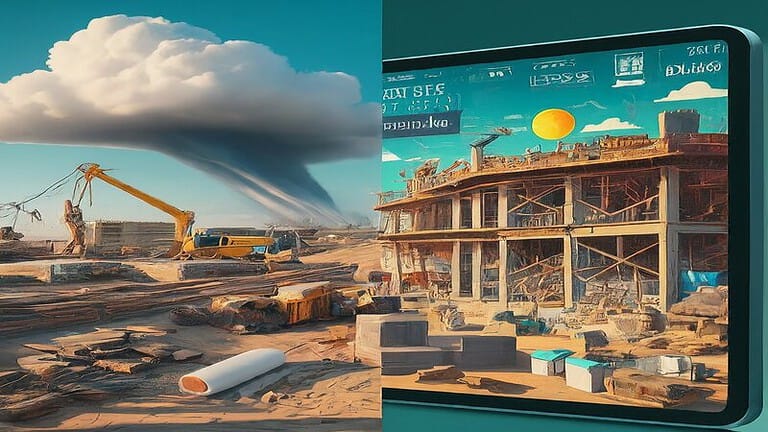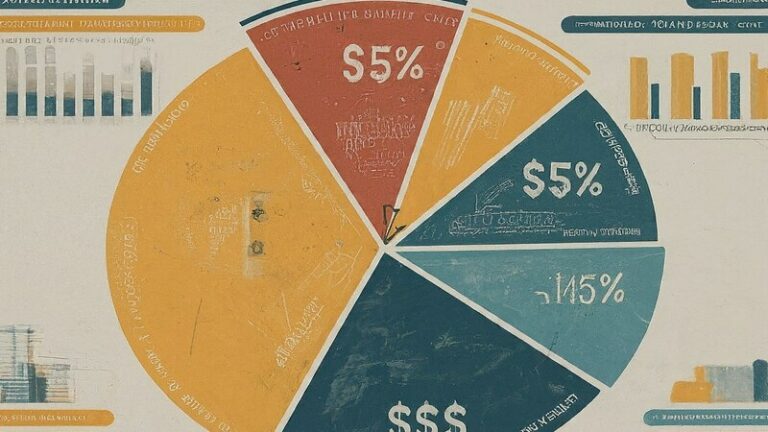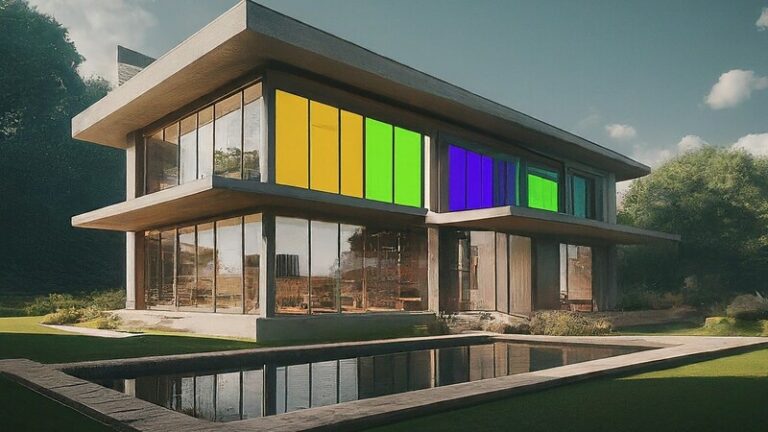Acquiring goods and services is about construction procurement. To increase the efficiency of your building projects, this process is a must. A high-level procurement procedure is based on well-thought strategies and step-by-step approaches for all the plan realization. The sacred goal of today’s general contractors is to purchase cost-effective construction materials, rent best-matching machinery and equipment according to the approved budget, and attract competent specialists at reasonable labor costs.
To achieve the wide range of business aims required by the procurement stage, it is necessary to automate all the arrangements at the very beginning. Construction estimating software will come in handy to speed up all the preparations while considering and meeting such important aspects as timing, budget, and quality of the building project at once.
But before diving into the topic of procurement it is critically necessary to take a closer look at the types of acquiring goods and services in the building sector. There are five procurement types to take into account if you are a result-driven contractor.
Types of Procurement in Construction
First, you should develop a procurement plan that will be of current interest in the context of a long-term prospect. That is why risk management, budget-panning, and project-specific constraints should take place in the pre-construction phase. These factors make your procurement perfect and risk-free so that your construction projects can bring high-profit margins and be converted into great revenues and improved reputation, rating on the local markets, and other perks.
Let’s review the most common procurement types to understand which one you can use for your business. Note that for all the contracting and acquiring procedures construction procurement software is applicable. Your task is to choose the best-matching digital tool to make all the estimates, costing arrangements, and other processes safe, fast, and revenue-generating.
1 – Traditional Contracts
The algorithm is based on three constituents of the procurement process:
- Design;
- Bid;
- Contract.
It means that the general contractor should provide a design first. Then, the bid takes place. If everything is confirmed by both parties in the process, the contract is signed. The agreement will satisfy its terms if the design-bid-build conception is met in all the construction and pre-construction phases.
2 – Design & Build Contracts
This type of construction procurement process is based on the single-point responsibility of the client. It can be a single-stage tender with a simplified algorithm of decision-making. The two-stage tendering process also can take place. If the second version of the cooperation is chosen, the contractor should be ready to present all the programs, designs, drafts, and reports to win the bid.
3 – Management Contracts
The main idea is that the general contractor has a team of other contractors to manage through various strategies and deliver a sufficient final result. It is important to automate all the stages of construction work not to face challenges during the procurement phase and other issues like payment terms, negotiations about the design, and scheduling.
4 – Private Financing Initiatives
This is an interesting way of cooperation when the contractor is responsible for funding the project. Then, the client gets rights over the order at the leasing background. Finally, when the specified period in the agreement comes to an end, the development is going to revert to the customer.
5 – Construction Management Agreements
It is similar to management contracts. Thus, this type of contracting is not lacking in its peculiarities. For example, the client does not have direct contact with contractors. The customer obtains his own management team to control and supervise all the building stages. This way the procurement process is held by contractors and client’s managers as well.
To sum up, it depends on your preferences and requirements for the procurement responsibilities when it comes to the procurement type to choose. You can mix some approaches together to develop a win-win strategy for your business.
For example, you can hire a competent manager who will be responsible for supply and labor costs together with purchases of any construction materials, rentals, and other arrangements required for your pre-construction phase together with risk-free procurement and estimating.



